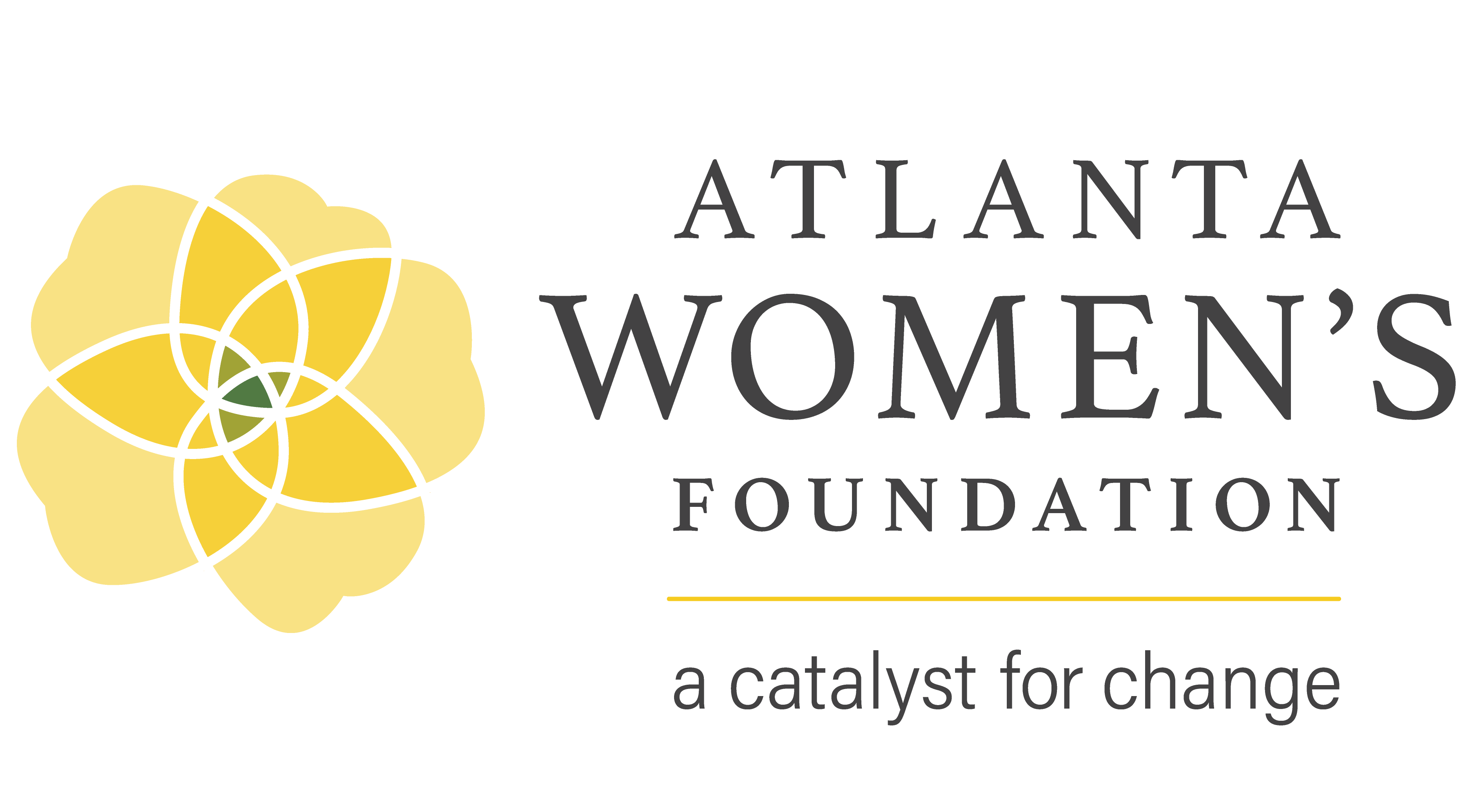Why Mental Health
In 2011, The Atlanta Women’s Foundation undertook a proprietary research project entitled Breaking the Cycle of Generational Poverty in Metro Atlanta to understand how women and girls experience poverty in AWF’s five-county service area. The results of this research deepened AWF’s understanding of the issues impacting women and girls in our community.
The research findings identified healthcare as one of the foundational issues impacting low-income women. Women experiencing poverty often neglect their own health and that of their children because of all of the other struggles they confront in their daily lives. The lives of women and girls experiencing poverty are filled with many challenges, often compounding each other. These women encounter stress, grief, and depression without the resources or networks in place to handle these strong emotions in the healthiest way.
Many experts interviewed for the project stated that mental health is one of the most important and most overlooked areas in which low-income women need support.
Many experts interviewed for the project stated that mental health is one of the most important and most overlooked areas in which low-income women need support. Women are more likely than men to suffer from certain mental health conditions, including depression and anxiety. There are several potential explanations for this gender disparity, including women’s higher rates of poverty, trauma from gender-based violence, and greater likelihood that they care for disabled or ill family members. Additionally, low-income women are twice as likely to suffer from mental illness as women above the poverty line.
The outcome of the research findings was AWF’s Women & Girls’ Mental Health and Wellbeing Project, which gave needed support to nonprofits providing mental health services for women and girls impacted by poverty in our 5-county service area. The project initially focused on women, but expanded to serve the mental health needs of teenage mothers as researchers have found that twice as many teen moms are at risk of developing postpartum depression as their older counterparts, and nearly three times as many teens with mental illness get pregnant as adolescents without a disorder. Through this project, AWF awarded approximately $800,000 to fifteen local nonprofit organizations providing mental and behavioral health services to women impacted by poverty.
Through this project, AWF awarded approximately $800,000 to fifteen local nonprofit organizations providing mental and behavioral health services to women impacted by poverty.
Supporting mental health is more critical than ever as the pandemic exacerbated a growing mental health crisis. “In 2019, a study in The Lancet reported that some 12.5% of the global population would have an issue with their mental health at some time in their life. In March 2022, the WHO reported that worldwide, anxiety and depression increased by 25% in the first year of the pandemic.” (MedicalNewsToday, 2022)
This is why AWF will continue to focus on mental health through grantmaking, community programs, and education. Addressing mental health is a necessary part of helping women and girls to thrive.
May is Mental Health Awareness Month. If you or anyone you know may be experiencing a mental health issue, Mental Health America has put together a resource called Recognizing Warning Signs And How To Cope. The article includes links to additional resources and services.
